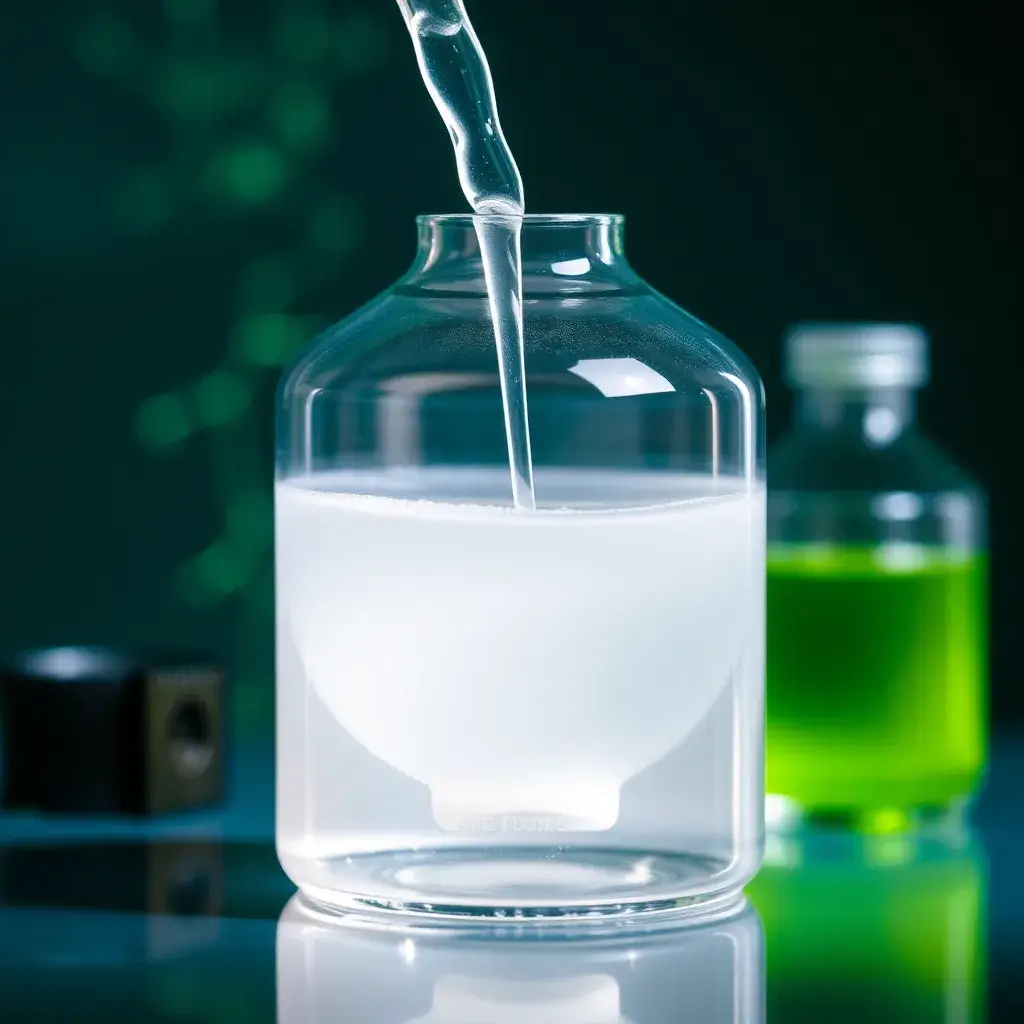
Media Preparation
The preparation of cell culture media plays a crucial role in supporting mammalian cell growth and influencing experimental outcomes. Likewise, there are specially formulated media designed to cultivate microorganisms in vitro. These media provide essential nutrients, energy sources, and compounds that regulate key cellular processes, ensuring healthy growth and functionality. Both prokaryotic and eukaryotic cell cultures may have unique growth requirements depending on the type of culture, the intended purpose of cultivation, and the specific needs of the cells, including cell density. Selecting the appropriate culture media is vital for optimizing cell growth and achieving reliable results in various research and industrial applications.
Overview
Media Preparation
Commercial culture media are provided in dehydrated or powdered form, in liquid concentrate, or as working solutions. Dehydrated media for broth cultures need to be prepared by dissolving in distilled water and adjusting the final pH prior to sterilization. Powdered media for agar cultures must be dissolved in distilled water, stirred, then boiled or autoclaved prior to pouring into sterile petri dishes using aseptic techniques. Culture media provided as liquid concentrates must be aseptically diluted in distilled water, adjusted for pH, and dispensed into sterile containers for storage. Culture media provided as working solutions are ready to use after the addition of any required serum or other supplements under sterile filtration and/or aseptic conditions, and warming to the appropriate temperature for cell growth.
Culture Media Sterilization
Culture media prepared from powders must be sterilized by filtration, heating, or autoclaving prior to use. Although liquid media are often supplied sterile and at ready-to-use concentration, sterile filtration is recommended, particularly if sera or other supplements are to be added before use. Following sterilization, aseptic techniques should be used when handling culture media to prevent cross-contamination or the growth of unwanted microorganisms.
Culture Media Supplements
Certain supplements required for cell cultivation or regulation are unstable or heat-labile; therefore, they must be added by the user to heat-sterilized basal culture medium prior to use. Serum typically derived from bovine sources (FBS) is a common supplement used in animal cell culture media. Hormones, growth factors, and specific signaling molecules may be required for the growth of certain cell types. Additives such as IPTG are used to induce protein expression. Antibiotics may also be added to culture media to control the growth of bacterial and fungal contaminants, though contamination can be well-controlled with appropriate handling and storage of media.
Culture Media Storage and Usage
Commercial and prepared culture media in liquid form, poured agar form, or working solutions are typically stored at 4 °C in the dark to suppress the growth of opportunistic microorganisms and to prevent light-induced degradation of culture media components. Prior to inoculation with cultures, media should be warmed to an appropriate temperature for cell growth.